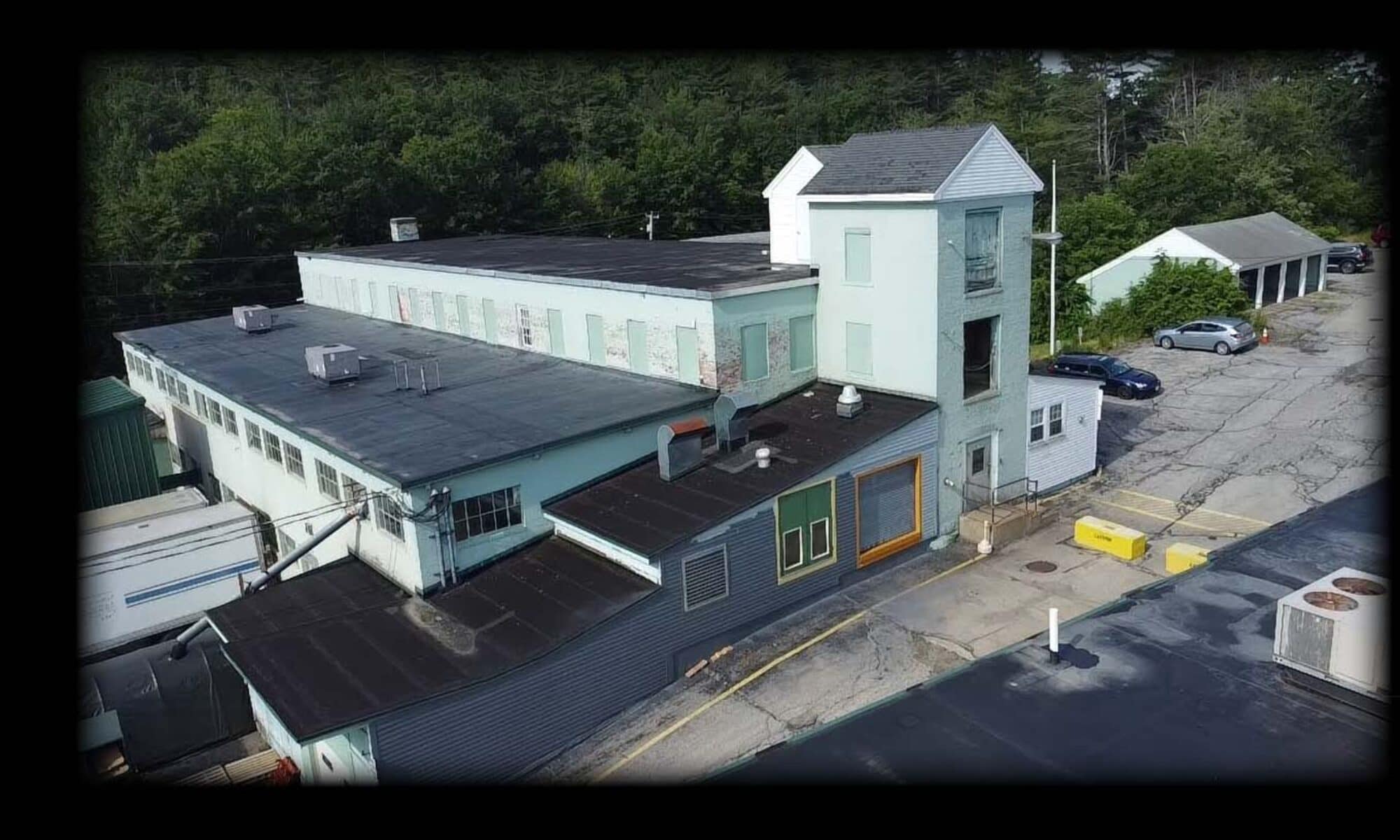The market for “lights’ in the United States evolved throughout the twentieth century from wooden stick matches to paper book matches. In the early decades of the century, wooden matches were well established throughout most of the world, thanks in large part to the monopolistic empire of the infamous Swedish financier Ivar Kreuger. Without the rise of Swedish Match and Ivar Kreuger’s thirst for profits, the global match industry would look much different today.
However, in North America, a different trend emerged. Paper book matches took hold because they were less expensive to produce, and the matchbook cover was ideal for advertising. By the 1940’s, the give-away matchbook was firmly established as a highly effective and cost-efficient advertising medium. During the war years, matchbooks were used for patriotic messages.
Striking Facts:
- By the mid 1970’s – the match industry’s peak years – there were at least a dozen independent match companies in the U.S. and Canada operating over 25 different factories.
- Each factory had their own product focus:
- Some factories produced only book matches,
- while others produced both wooden and book.
- Some factories produced only promotional advertising matches,
- and others produced commodity resale matches for grocery stores and for distribution wherever tobacco products were sold.
- The industry employed over 2,000 workers and the market for book matches alone was estimated to be more than 35 billion matchbooks per year – that’s 700,000,000,000 lights!
- Before 1970, disposable butane lighters did not exist. By 1985, lighters had taken 50% of the lights market from matches causing half the match factories to close. By the end of the century, disposable lighters had captured about 95% of the market. Soon thereafter, D.D. Bean & Sons Co. in Jaffrey, New Hampshire and Atlas Match Corp. in Euless Texas were the only two remaining book match producers left in North America.
- In 2016, D.D. Bean & Sons Co. acquired Atlas Match to become the sole survivors in this great American industry. D.D. Bean continued to produce resale matchbooks at its factory in New Hampshire and Atlas continued to produce promotional matchbooks, matchboxes and coasters at the factory in Texas.
- By 2018, it became clear that if there was any chance of keeping the American match industry alive, the two factories would need to become one. As a result, the extremely difficult decision was made to close the Atlas factory in Texas and move the manufacturing operation to New Hampshire.
- Founded in 1938, D.D. Bean & Sons Co. is a third-generation family business. D.D. Bean is not only the last remaining manufacturer of matches in the United States, it is the largest producer of book matches in the world.
- Today, although the market for matches is much smaller, this industry still employs about 100 American workers, many career matchmakers, and some following in their parents’ and even grandparents’ footsteps over the company’s eighty-one-year history. Together, they have worked to become the survivors of this great American industry. Together, they stand determined to build a great future to carry forward to the next generation. Together, D.D. Bean and Atlas, we are America’s Match Company!
